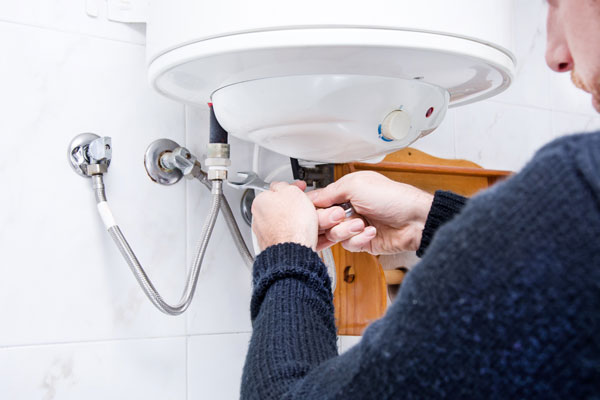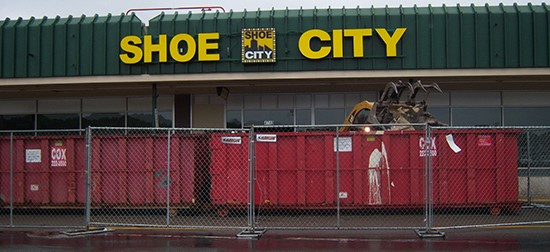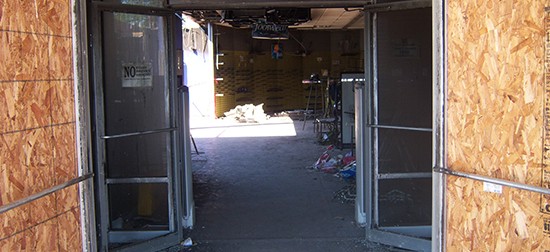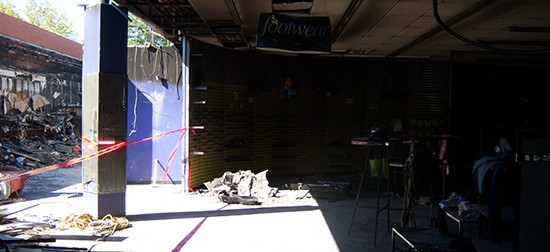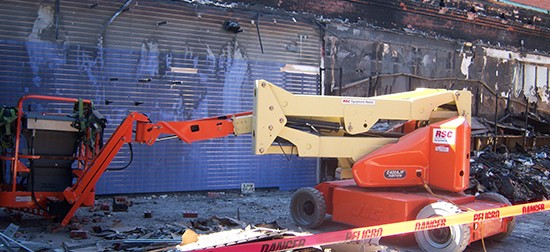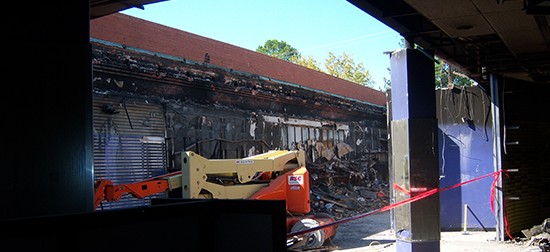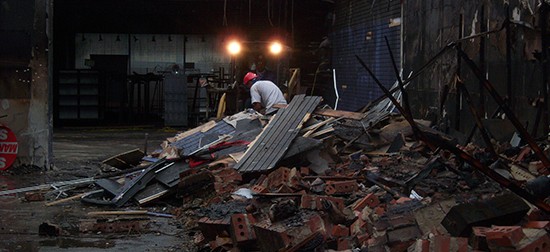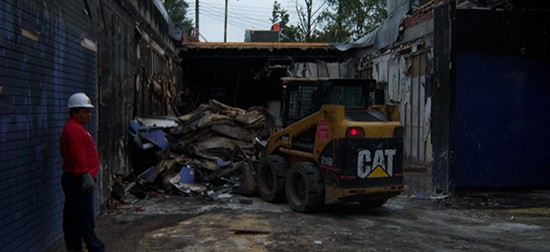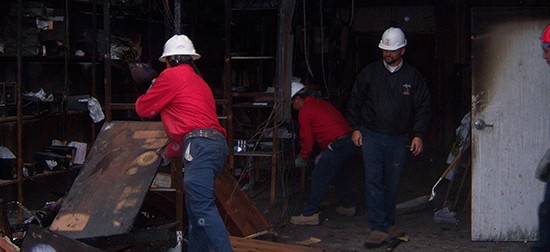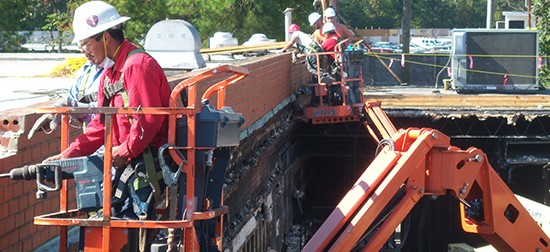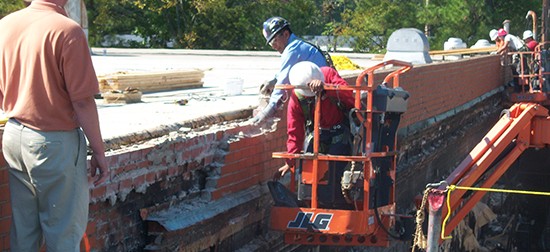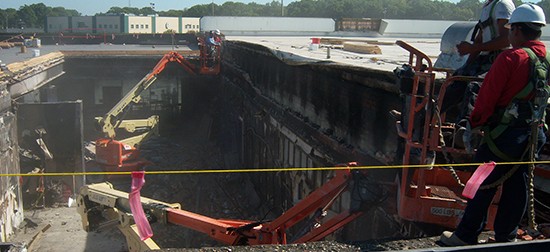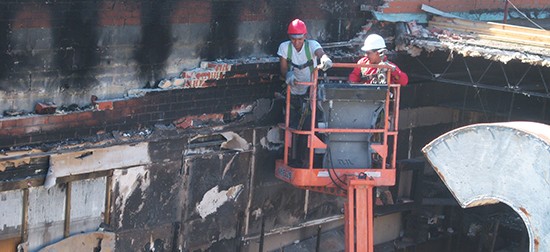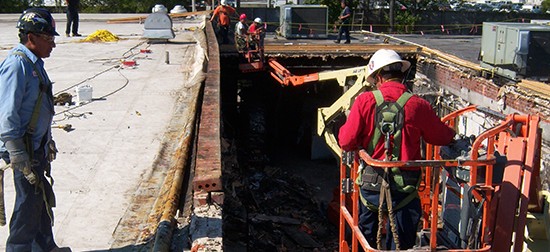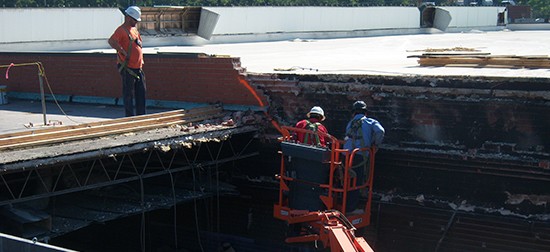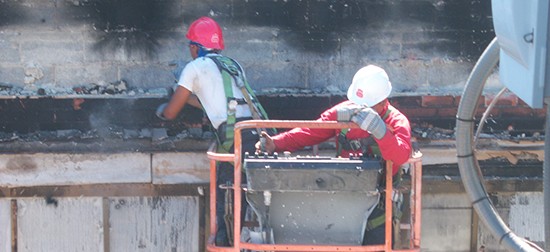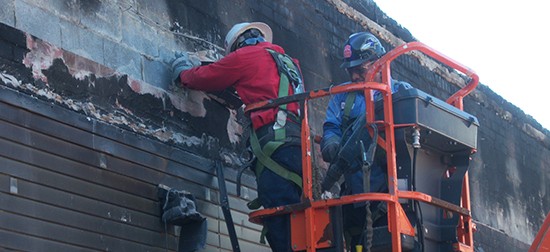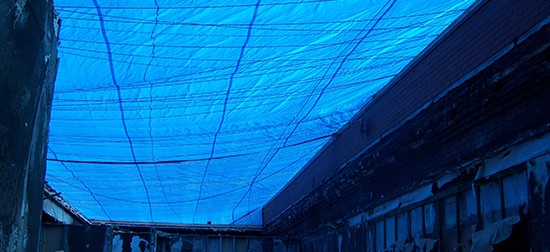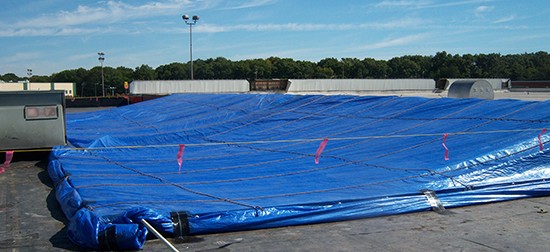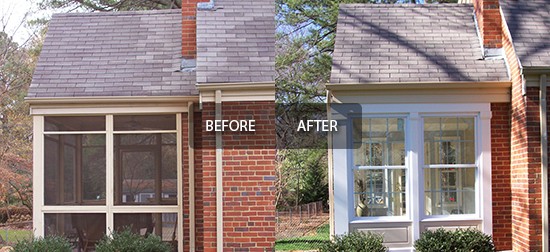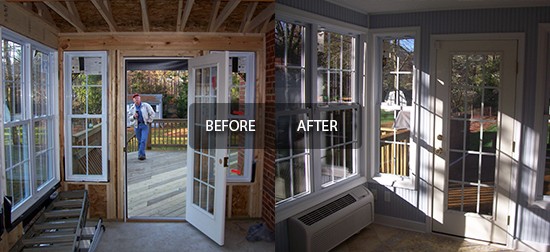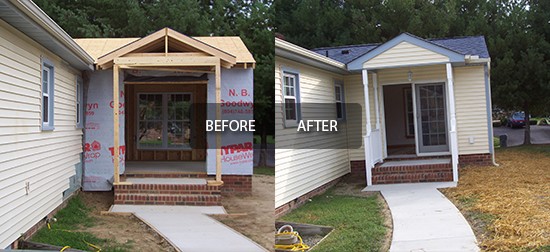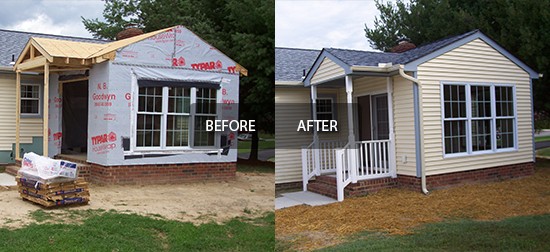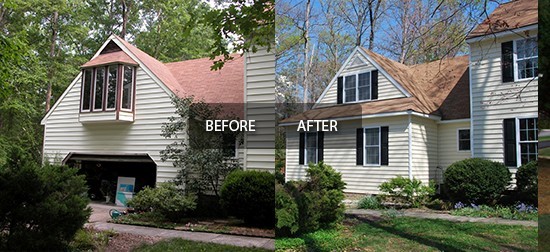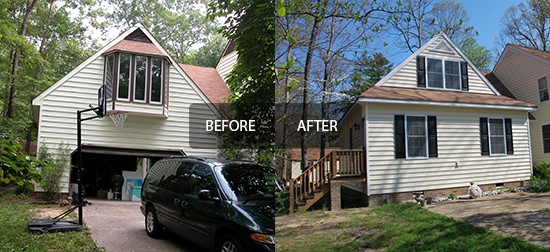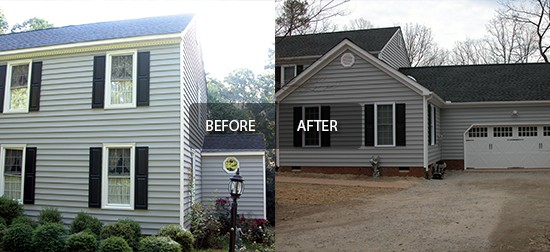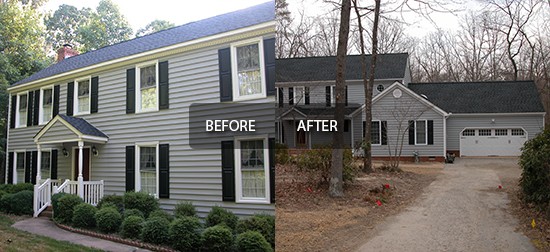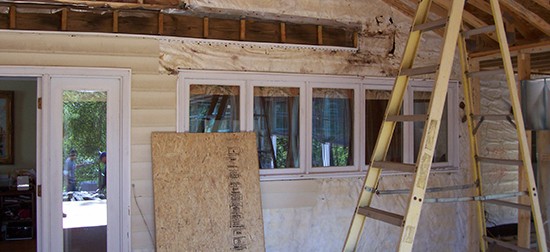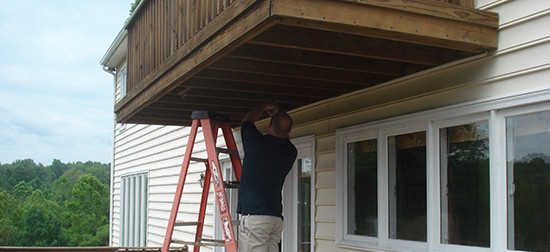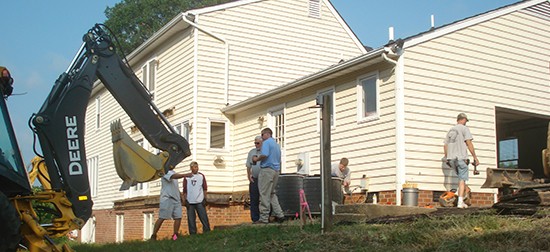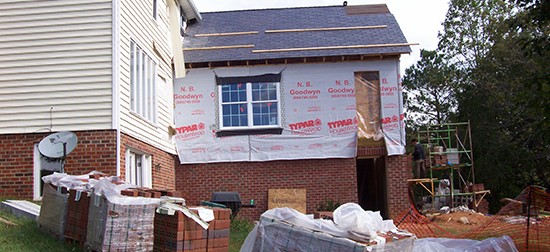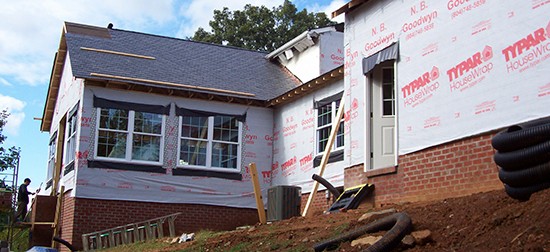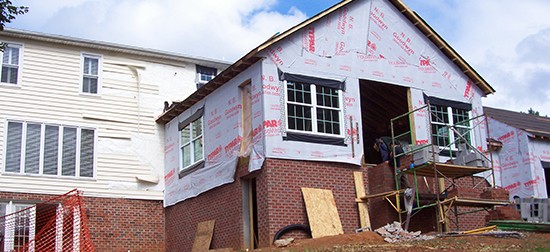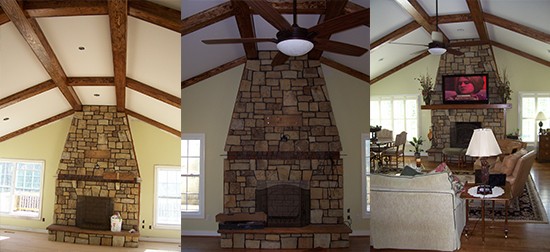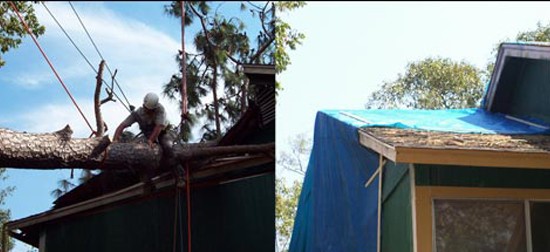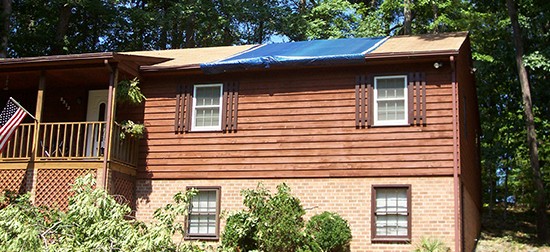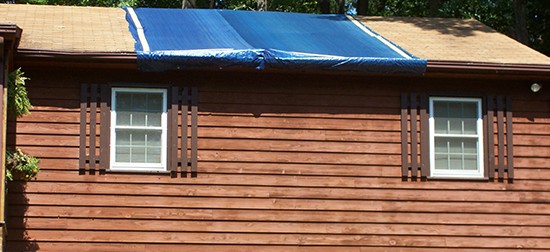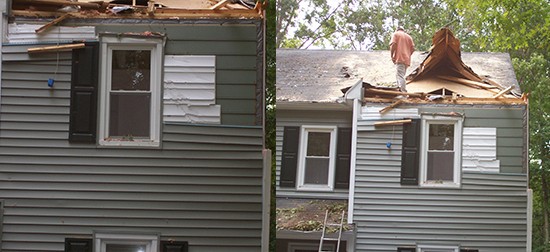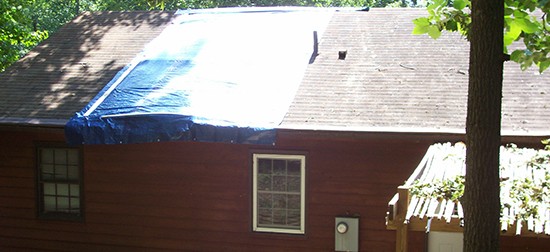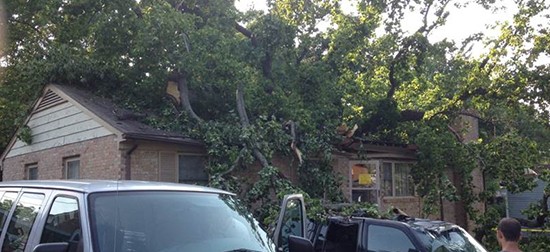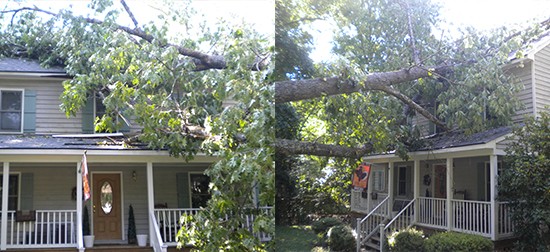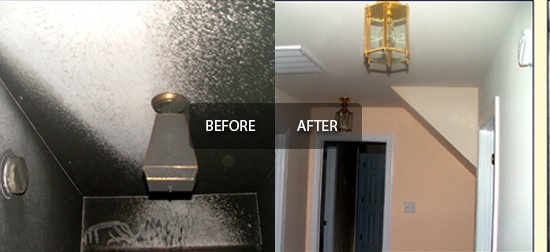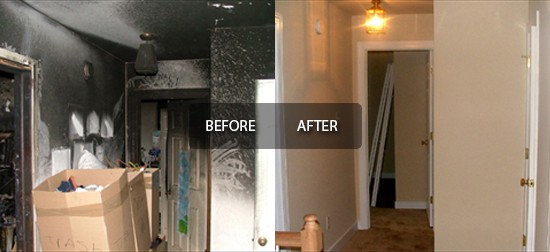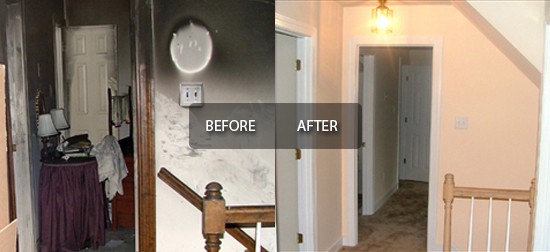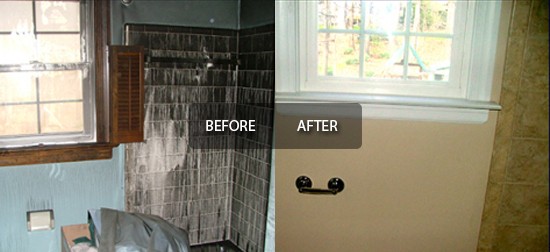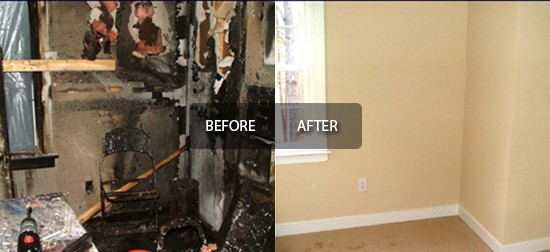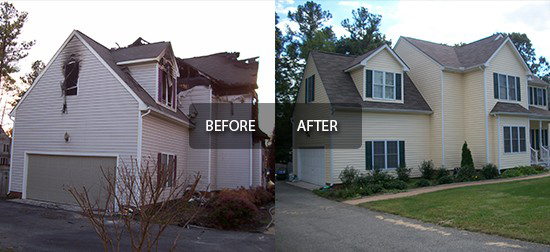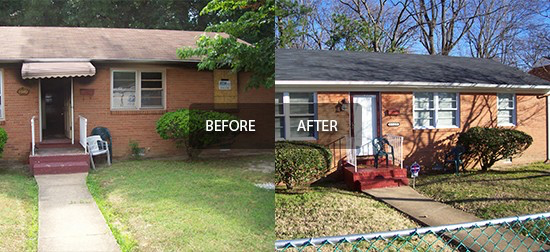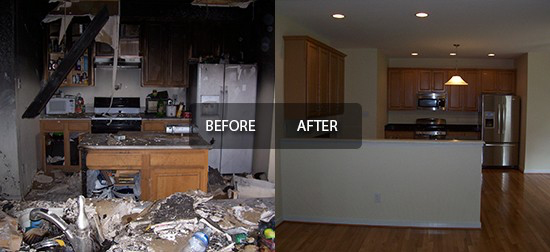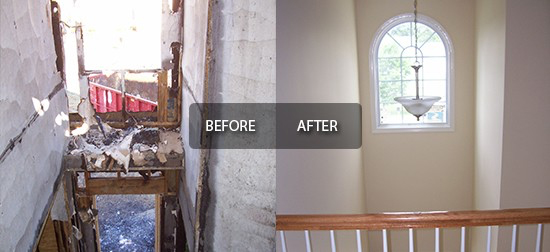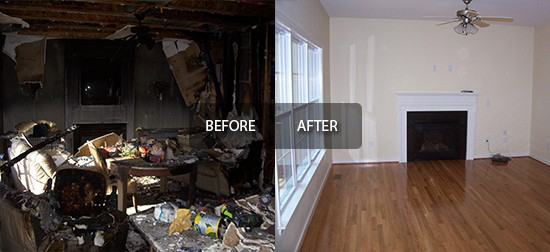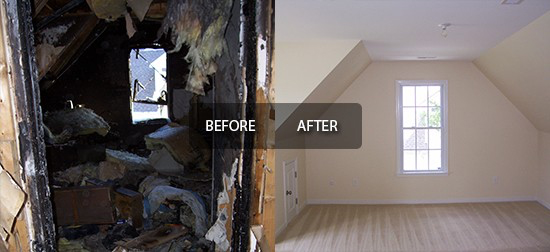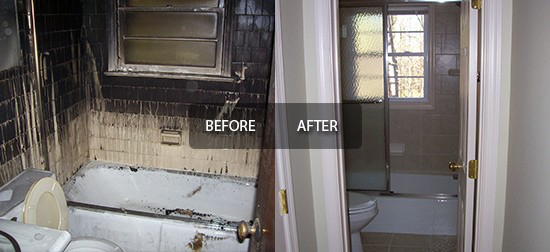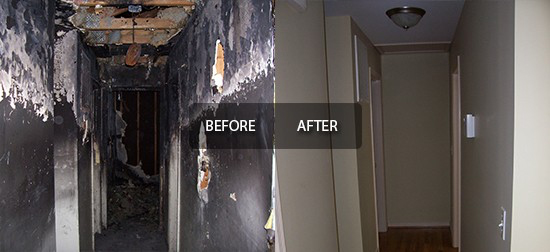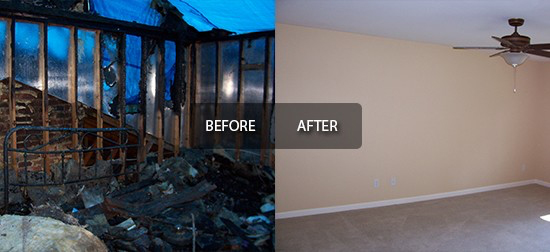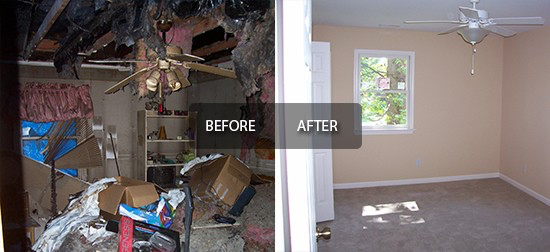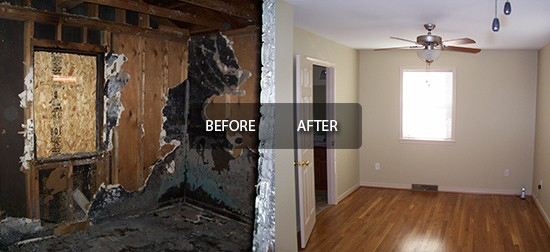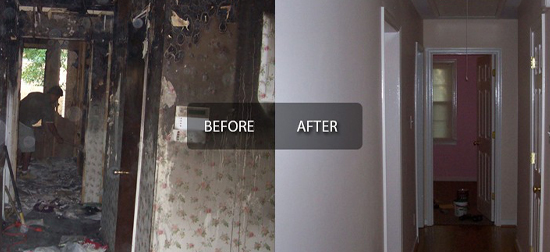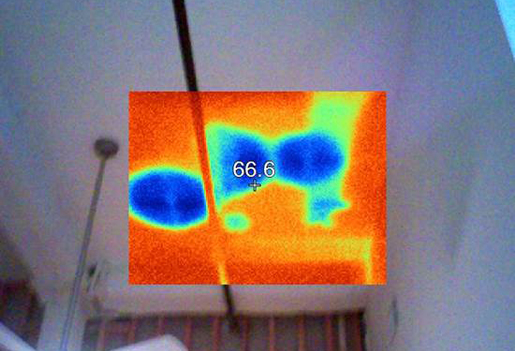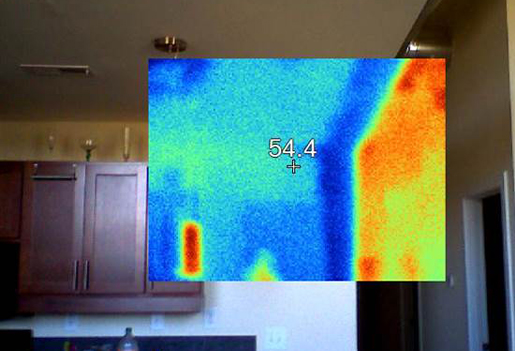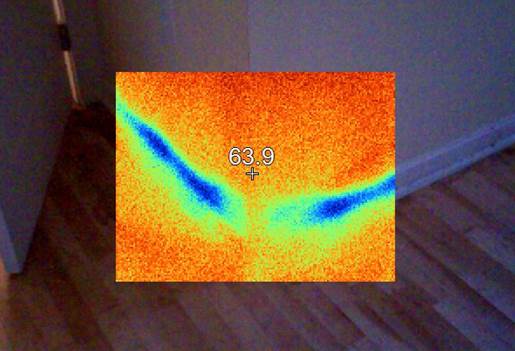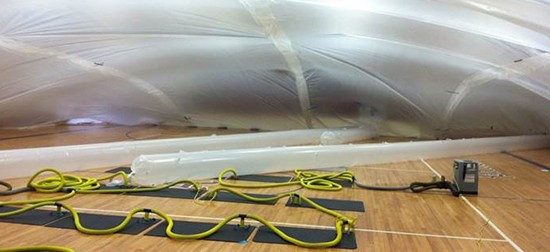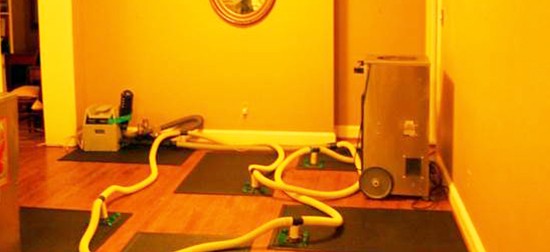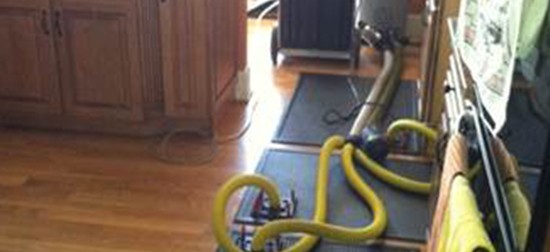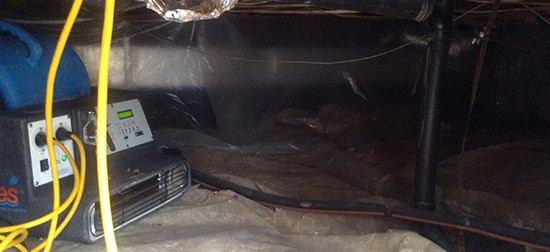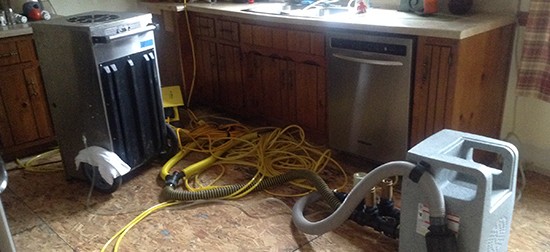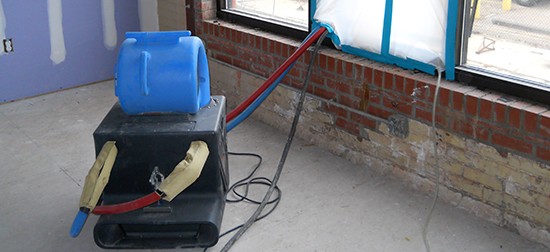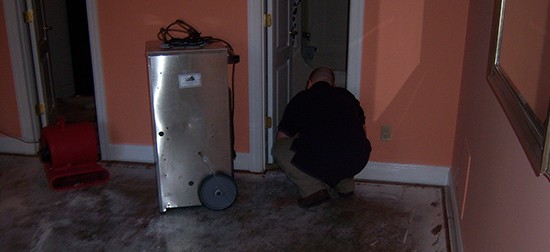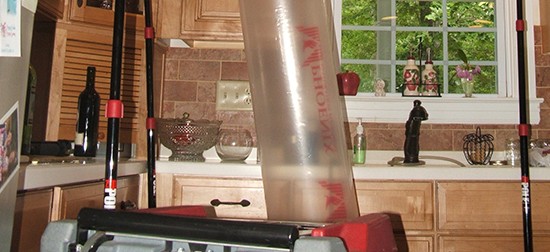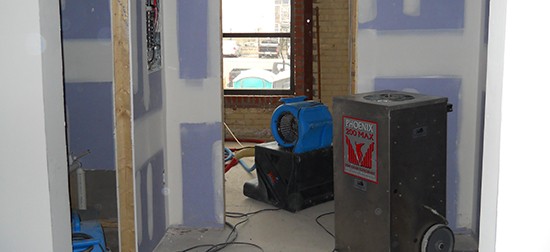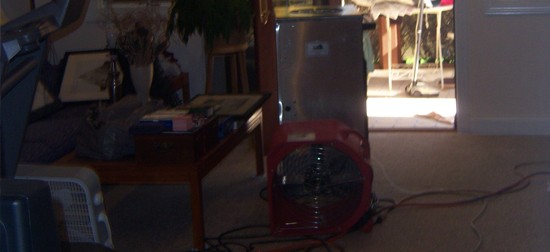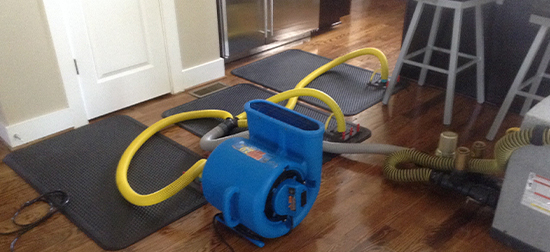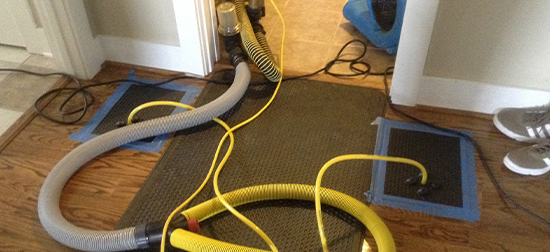Waiting for water to heat up before use can waste a lot of money. That’s where water heaters come in handy. They allow for the water to get hot fast, saving you both time and money. Still, you may need to pay a lot of money if the water heater breaks, causing flooding, water damage, and costly repairs.
Whenever water heaters break, gallons and gallons of water can pour into your home, forcing you to hire a specialist for water removal. Taking care of your water heater prevents this, but that’s not the only benefit of caring for your water heater. It will save you a lot of money.
Water Heaters, Breakage, and Flooding
For the average residential home unit, water heaters hold between 25 and 100 gallons of water. Obviously, 100 gallons of water can cause a lot of damage, but so can the smaller models, especially if it were to break or leak without your knowledge.
In fact, the average claim for a broken water heater is about $4,444, though some damages are even more costly. Especially if you don’t have insurance to cover that sort of damage, that is a lot of money that most people simply do not have.
Common Reasons Water Heaters Break in Richmond
Know the common causes of broken water heaters to help maintain them properly. Only by knowing the common culprits can you be proactive in maintaining parts, helping you to catch problems before they turn into a full blown leakage. Here are the most common reasons for a broken water heater:
- TPR Valve: Regulates internal pressure. Too high water pressure causes water heaters to leak or bust entirely. Faulty TPR valves must be replaced immediately if they don’t regulate pressure correctly.
- Corrosion: Eats away at the materials and causes them to deteriorate, forcing the heater to leak or bust. Corrosion occurs when the anode rod deteriorates and is not replaced. Inspect the anode rod regularly and replace it whenever signs of wear are detected.
- Scale/Sediment:Leads to corrosion and eats away at the materials that make up the water heater. Heating hard water can cause scale or sediment to accumulate on the anode rod. Clean the unit frequently (at least once a year) to offset damage caused by scale or sediment.
Luckily, these common causes of water heater failure are super easy to fix. Regular maintenance and care will avoid the problem in most cases.
Easy Ways to Maintain Your Water Heater in Richmond
Here is how to maintain your water heater and prevent it from flooding your house:
1. Test TPR Valve
As we already discussed, the TPR valve prevents the pressure from getting too high within the unit. Too much pressure means that air and water do not have enough space within the confined water heater, forcing it to burst. A burst water heater causes the most amount of water damage. Do the following to test the TPR valve:
- Shut off power.
- Shut off cold-water supply.
- Locate TPR valve.
- Place an empty bucket under the pipe connected to the TPR valve.
- Lift valve.
- Let water to come out of the unit.
- Place the valve back in its original location.
- If the water continues to flow, the valve is broken. Replace it.
- If water flow stops, the valve functions properly.
2. Check Anode Rod
A corroded anode rod causes water to leak out of the water heater. Check this part frequently to prevent flooding. Here’s how to do it:
- Attach hose to drain cock.
- Remove a few gallons of water.
- Use a 1-1/16 inch socket to unscrew rod.
- Inspect anode rod.
- Buy a new anode rod if it’s coated with calcium.
- Anode rod is in correct condition if it’s not coated with calcium.
3. Wash Out Sediment
Sediment leads to corrosion, which you should know by now is a serious issue for water heaters. Prevent corrosion by cleaning out sediment. It is best to do this once a year. Here’s how:
- Turn off water supply.
- Drain water from.
- Dump remaining water in a bucket.
- Open the cold-water supply.
- Stir up sediment.
- Drain heater.
- Fill, stir, and drain until no sediment is left.
- Close drain cock.
- Refill tank.
- Turn on power.
What To Do if Your Water Heater Busts in Richmond
If you walk into your garage or basement only to find your water heater broken, immediately turn off the water heater. Gas heaters will have a dial that you can twist to OFF. For an electric water heater, turn the circuit breaker to OFF. Turn off the home’s main water supply, too. This will be located elsewhere in your home.
Next, drain the water heater completely to prevent further leakage from occurring. Simply attach a hose to one end of the drain valve. Lead the opposite end of the hose away from your home to a location for the excess water to drain safely. A place outside, pointing away from your home will be best.
Since your water heater is already empty at this point, tackle the sediment inside. Rinse out the water heater once it is completely drained. Use cold water. After the water heater is clean, refill it and close the drain. Turn the water supply on again. If you need anymore help, check out the directions above to rinse out the sediment.
In the case that your water heater was leaking for a long time, you may have water damage or water buildup. Hire a professional water clean up service to help restore your home. They will professionally remove the water and ensure that no damage remains.
Conclusion
Water heaters are useful, until they aren’t. Try to maintain your water heater so that they don’t bust, causing flooding in your home. Though maintaining your water heater won’t guarantee that it works perfectly, it will help save you money in damage and replacement.
If your water heater has caused damage in your home, contact VRS today.



